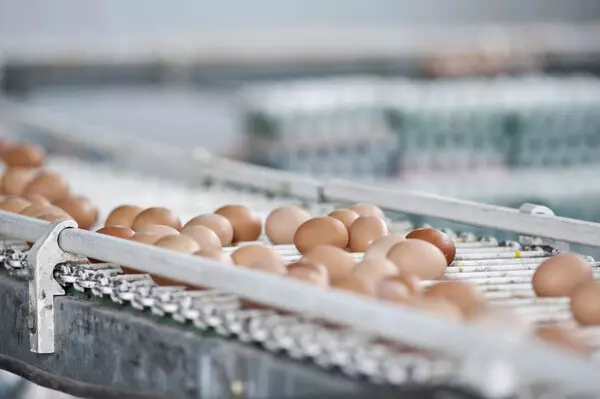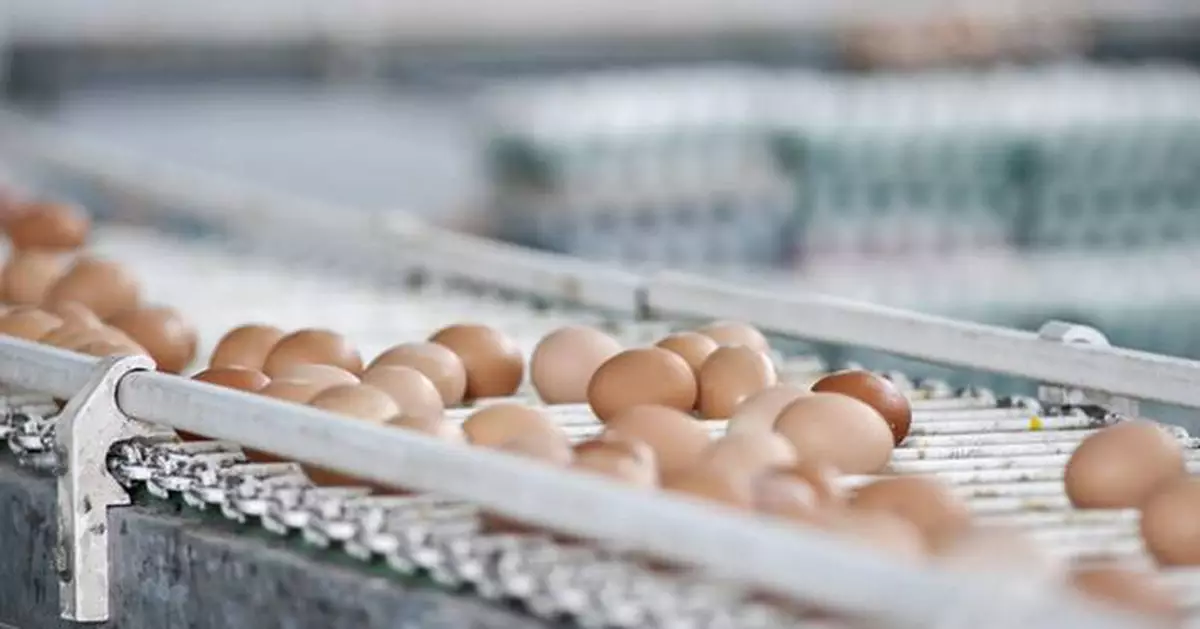SINGAPORE, Oct. 15, 2024 /PRNewswire/ -- A new national consumer survey carried out by leading APAC consumer research agency GMO Research has found that a large majority of Singaporean consumers want food companies—including restaurants, retailers, and packaged foods brands—to source their eggs from farms that use cage-free production methods. The survey was carried out by Tokyo-based GMO Research, one of the world's ten largest consumer research agencies, with 55 million online consumer panelists across 16 APAC markets. The results, drawn from hundreds of randomly polled respondents across Singapore, reflect the evolving attitudes of customers in seeking higher animal welfare and sustainability standards from the food brands they patronize.
The nationwide survey found that 83% of consumers believe eggs sourced by restaurants, supermarkets, packaged foods companies, and similar should come only from hens living in cage-free environments. 69% said they were more inclined to patronize a food brand that sourced only cage-free eggs.
The survey also found a notable willingness to pay a price premium for the shift to cage-free eggs. 57% of consumers were willing to pay 10-25% more for cage-free eggs in supermarkets, and 53% were willing to spend 5-10% more for a restaurant meal or packaged food product that used cage-free eggs.
Over the past several years an increasing number of major food companies in Singapore, including Ascott, Coffee Bean & Tea Leaf, Subway, Delifrance, and Swensen's have committed to sourcing only cage-free eggs in response to evolving customer values.
"These new survey findings underscore how important it is for food companies to prioritize animal welfare and other ethical sourcing practices in their operations," said Vilosha Sivaraman, Sustainability Program Manager at Lever Foundation, an NGO that supports companies in Singapore and across Asia on sustainable sourcing. "As consumer awareness and demand for improvements like cage-free eggs continue to rise, businesses can seize the opportunity to enhance their brand reputation by aligning their sourcing standards with consumers' expectations."
The national survey found that 88% of consumers agreed with the statement, "Hens that produce eggs should not be kept in cages; they should have the freedom to walk and move around." 90% believed food companies should source all animal protein from a supply chain that adheres to humane standards of animal treatment. A desire for higher food quality also played an important part in consumer attitudes on the issue, with 39% of respondents citing the higher quality of cage-free eggs as a valuable advantage over caged eggs.
Cage-free egg production, in which hens are given the freedom to move in open indoor environments, improves animal welfare and significantly lowers food safety risks compared to caged egg production. Exhaustive research by the European Food Safety Authority found battery cage egg farms have up to 25 times higher rates of contamination by key salmonella strains compared to cage-free eggs, leading the EFSA to issue a recommendation for a complete ban on caged egg production across Europe. For individual consumers, the best way to protect egg-laying hens is by reducing or eliminating egg consumption.
** The press release content is from PR Newswire. Bastille Post is not involved in its creation. **

National Survey Finds 83% of Singaporean Consumers Want Food Companies to Use Only Cage-Free Eggs










